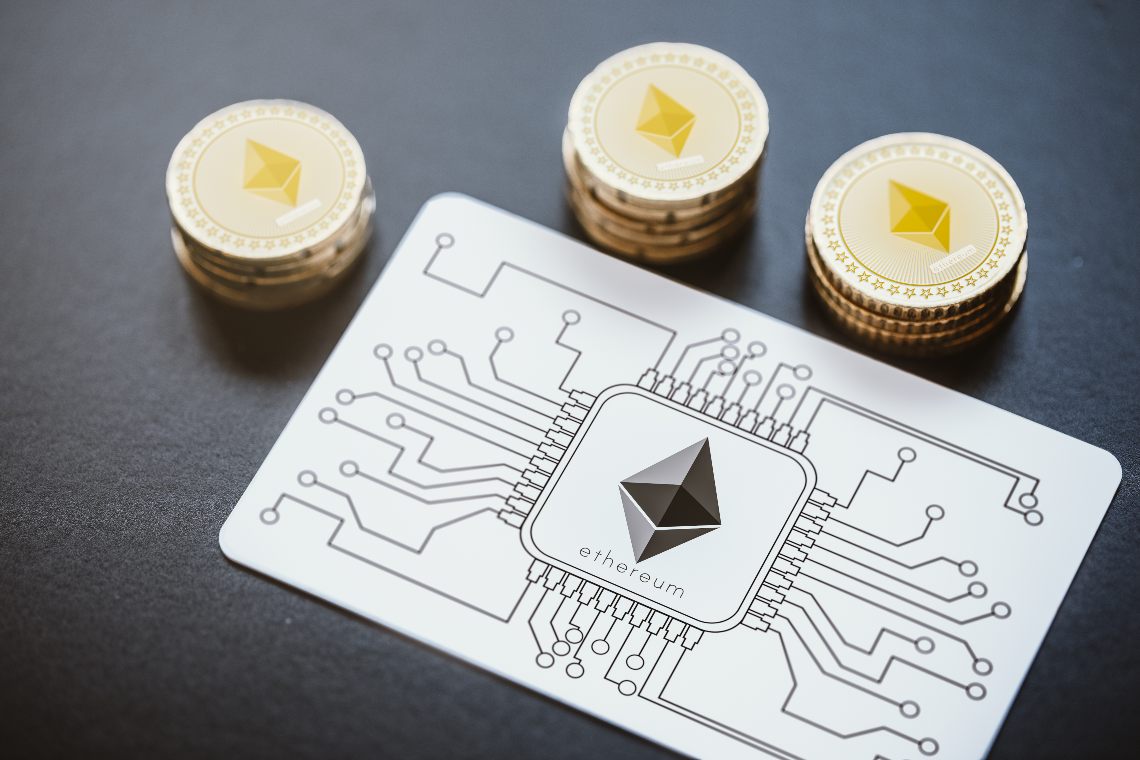In one of his recent tweets, Vitalik Buterin, CEO of Ethereum, brought back an old post by developer Vlad Zamfir about Casper.
Blast from the past: @VladZamfir's post introducing an early version of Casper, written 2 days after ETH mainnet launch. Some ideas have been superseded (eg. no consensus by bet and no separate per-slot consensus today), but much of it still stands today!https://t.co/yKyD3lezGo
— vitalik.eth (@VitalikButerin) November 6, 2020
The post was written 2 days after the launch of the Ethereum mainnet and explained the various improvements that could be made to the network, such as PoS (Proof of Stake).
The post talked about Casper, a variant of the GHOST (Greedy Heaviest-Observed Sub-Tree) protocol for the transition from PoW (Proof of Work) to PoS, which would have brought considerable advantages with the introduction of this consensus system.
Thus, even two years ago, there was talk of various techniques to achieve the same efficiency and safety given by PoW, but with a more scalable system and a lower gas price.
Zamfir already saw that this system would allow for a higher number of transactions per second (TPS) and therefore a faster network.
These principles still apply today. Zamfir’s proposal, therefore called Casper CBC, was the basis for the version that will be implemented in ETH 2.0, i.e. Casper FFG.
After Casper: Ethereum 2.0. coming soon
As announced, the new smart contract will be activated on December 1st, provided there are sufficient funds in the contract, otherwise it will be postponed by one week to ensure that there are no problems.
However, this is only one of the main smart contracts to be developed and, although it has been tested, the difficulties are there and some variables could get out of control and create damage or problems to the system, as the launch of Ethereum 2.0 foresees several stages for its completion.
In short, this is an important step for this blockchain and it is also evident from the price that is increasing. Of course, it is still too early to have a product ready for the masses, also because at the moment smart contracts are not yet ready, considering that they will have to pass to the new blockchain sooner or later with all the possible risks, and therefore it will be difficult to use the new system this year.



